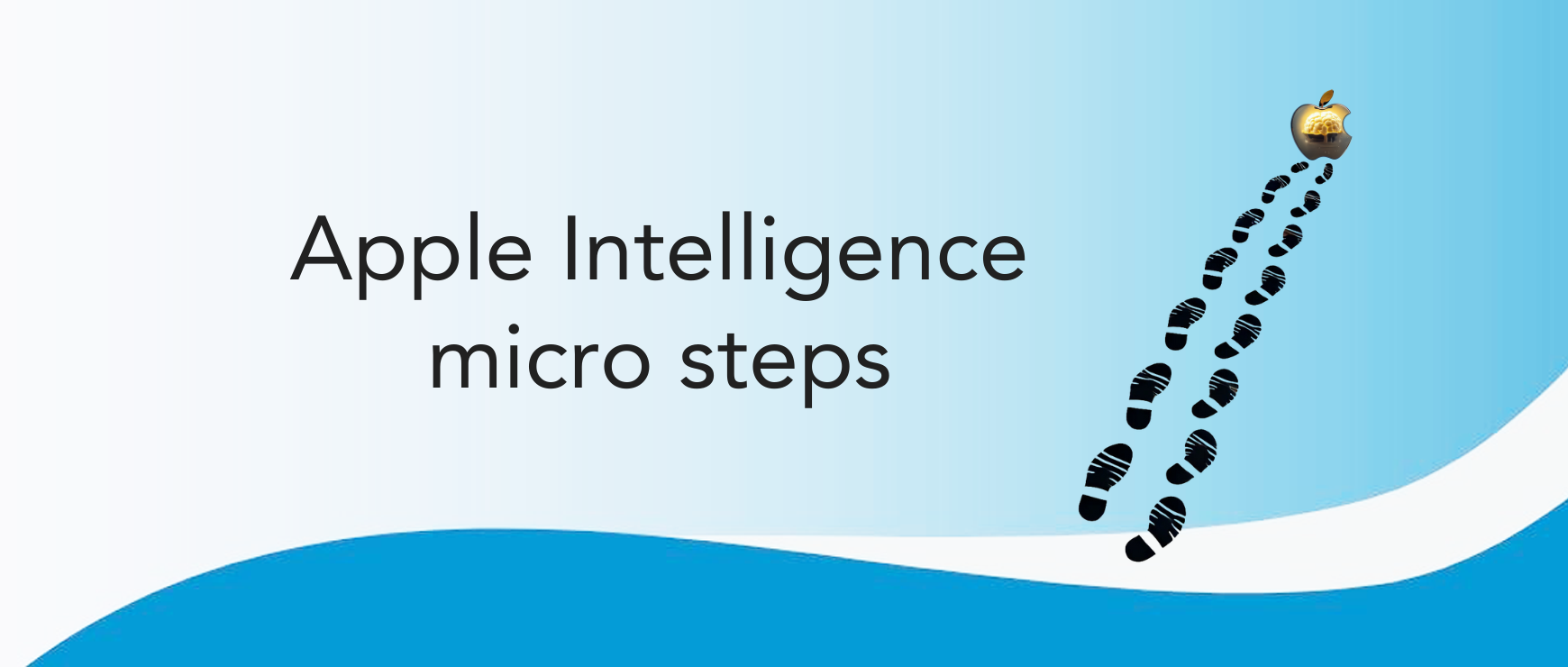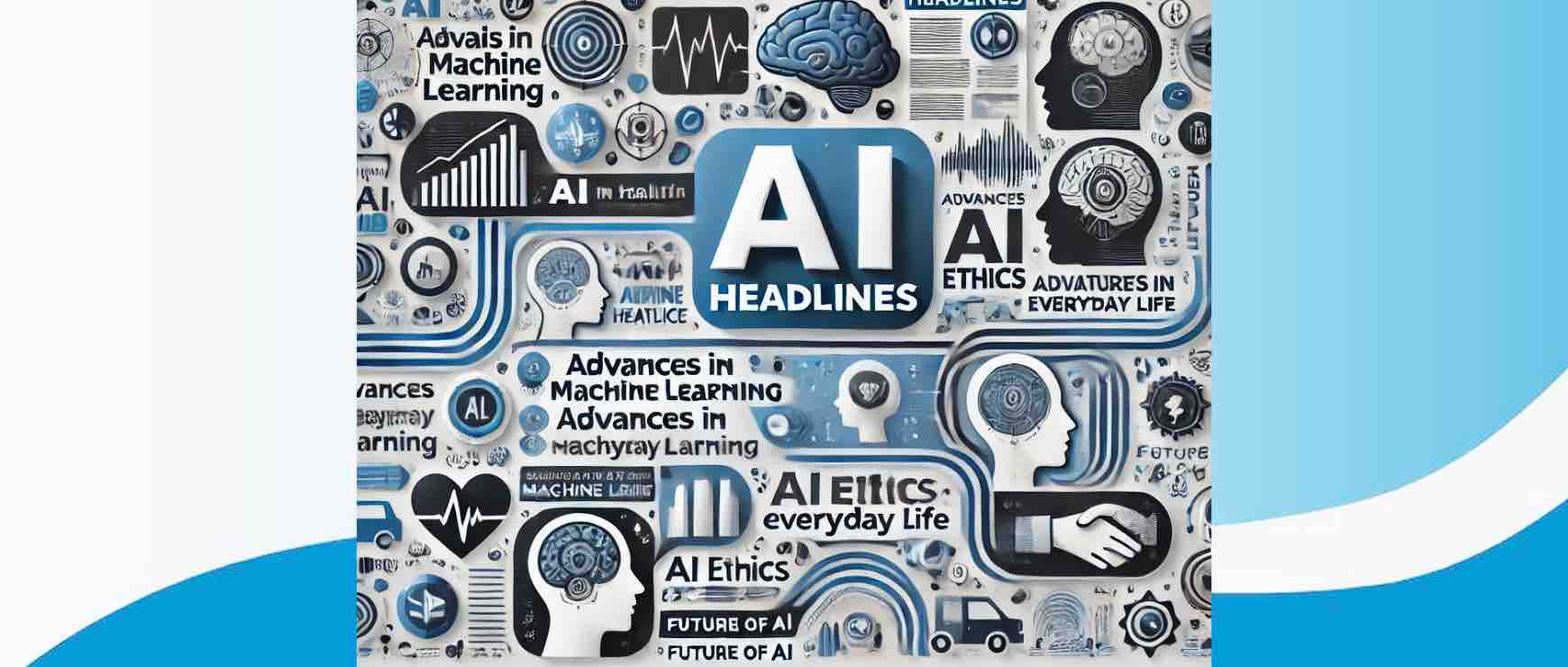By Kevin Hawkins with Korey Hawkins | Vol. 2 Post 40
REAL AI is a human-created weekly roundup of all things related to artificial intelligence in real estate and emerging AI innovations in other sectors likely to impact our industry. We post a new edition every Friday, and our free newsletter is delivered every Monday.
I just returned from Atlanta, celebrating a milestone birthday party for one of my brothers. It was the perfect occasion to don my Meta Ray-Bans and watch my family’s reactions. I took dozens of photos and a slew of short videos, and the results were more than impressive in all kinds of light.
The big benefit: they were non-invasive. I snapped some fantastic pics and captured a few priceless video moments. The family was stunned by the ease of it all and the quality of the results. In the beginning, most didn’t even realize I was taking their photo.
I demonstrated to the oldest and youngest people attending the quality of the audio, playing Spotify from my phone. They both loved it. I also showed a few basics of Meta AI, testing its computer vision capabilities (“Hey Meta, Look at and tell me about this person in front of me”) and questions about the time in cities worldwide.
For real estate agents and social media material, capturing photos of people and homes could not be easier than wearing a pair of these Ray-Bans.
However, there is a dark side to AI, even in these harmless AI wearables from Meta and Ray-Ban, as we found out this week.
According to news reports, two Harvard students were able to tie Meta Ray-Bans to PimEyes, a facial recognition software that is publicly available. The software they created would allow you to take a photo with your Meta Ray-Bans, send the image to PimEyes, identify the name of the person through facial recognition via computer vision search on the internet, then tap into a personal information data broker such as FastPeopleSearch.
If you are a real estate agent, think about how this could become a significant safety breakthrough: you could instantly identify anyone walking into your Open House. Plus, their image and contact details would automatically be stored on the cloud.
But at the other end of the dial is the nefarious use case: a bad actor spots an attractive person, snaps a shot, retrieves their name and address, and later shows up at their doorstep – scary stuff.
Wearing AI is creating a whole new area of potential risk. Guardrails are not just needed for Generative AI but for computer vision as well. We must heed Uncle Ben’s advice to Peter Parker-Spiderman that with great power does come great responsibility.
One bright side: people are learning you can opt out of PrimEyes here, and FastPeopleSearch offers the ability to opt out here. (-Kevin)
Apple Intelligence micro steps
Last week, we wrote about how Apple is beginning to integrate Micromodels or Small Language Models, combined with cloud-based models, directly into their iPhones, iPads, and Macs.
Apple announced that it will begin releasing the first phase of Apple Intelligence, the AI it uses to power some very cool new features that will be available on the newest iPhones.
Beware: These are different from the uber-cool AI features Apple talked about a few months ago at its developer conference, where it unveiled Apple Intelligence. Its more advanced features – such as the integration of ChatGPT – are not part of this initial release. Most of the best ones are not expected until sometime next year.
The upside for real estate agents, most of whom use iPhones, is that a few new features coming in October are handy – and do not come (so far) with a monthly fee.
Perhaps the most useful one for agents is the new ability to transcribe audio recordings. We pay $20 monthly for Otter.ai to transcribe up to 1200 minutes. Apple apparently is not capping its use. Hit a button, record your conversation, and your transcript is ready afterward.
However, some early testers say its new AI summary capabilities are flawed compared to what ChatGPT, Claude, or even Otter.ai provides. But with most AI of this kind, it should improve vastly over the coming months.
Remember, for now and the foreseeable future, Apple Intelligence is only available for iPhone 16s, iPhone 15 Pro, and some iPads and Macs released in the last four years (think M1, M2, or later chips). (-Kevin)
- 65% of C-suite executives stated they are comfortable with letting AI handle menial tasks – Qualtrics
- 17% of consumers said they use AI-powered voice assistants to look up weather reports – UpCity
- 33% of IT leaders reported that utilizing Generative AI was their top priority – Salesforce
- 45% of marketers listed inspiration as their top use case and reason for AI adoption – Hubspot
- Almost half (50%) of all world governments are predicted to enact AI regulations in favor of user privacy and security by 2026 – Gartner (-Korey)
Source: Space-O AI
Matterport introduces AI tools for property photos and descriptions | 10/1/24 HousingWire
This new AI tool allows you to remove items in staging photos that don’t fit with the space.
Howard Hanna leaps into AI-powered home search game | 9/30/24 Real Estate News
Howard Hanna launches a new AI-powered home search to compete with real estate portals.
What can the AI-enabled future of real estate investment look like? | 10/2/24 The Real Deal
AI is going beyond task automation for real estate investing.
Google’s new AI feature lets you search the web by uploading a video | 10/3/24 ZDNET
Google Lens can now search using video content.
AI assistants are blabbing our embarrassing work secrets | 10/2/24 The Washington Post
While AI has been able to handle a variety of tasks, it lacks the ability to be discrete. (-Korey)
Subscribe to our free REAL AI newsletter here.
Content suggestions welcomed: email korey@wavgroup.com.








